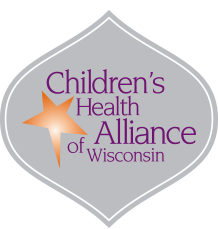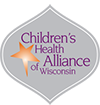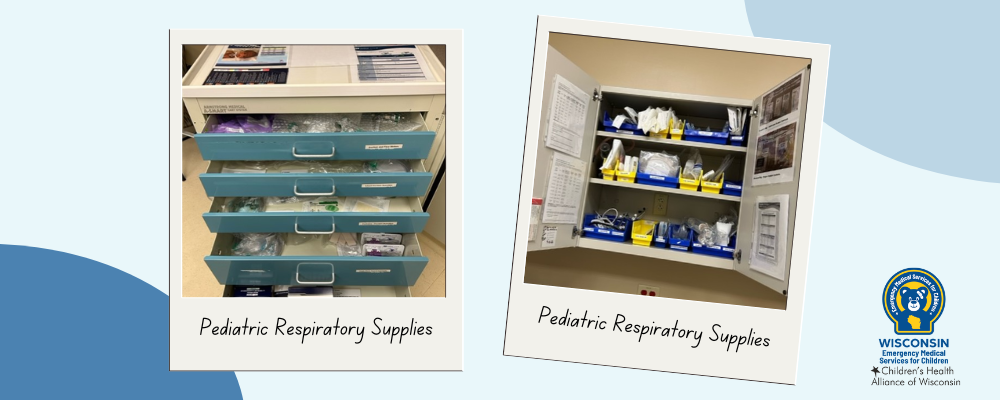Written by: Brittany Farrell, MS, Program Manager – Emergency Medical Services for Children
Emergency departments (EDs) must always be prepared to treat any patient in need of care, regardless of their age, health condition, or time of day. This was evident when a young child arrived at SSM Health Ripon Community Hospital experiencing difficulty breathing. The presiding doctor decided to intubate the child, which involved inserting a tube into the trachea to provide oxygen and help with breathing.
“The energy in the trauma room was tense, as this is not a procedure we regularly do on young children,” says Desiree Stensrud, RN, BSN, inpatient nursing clinical supervisor at SSM Health Ripon Community Hospital. “Witnessing the child and parents go through a scary situation was very difficult to watch. When providing pediatric care during a crisis, your anxiety level is already high, but being prepared and knowing you have the supplies you need nearby helps immensely.”
“Our facility had recently joined a pediatric readiness program when this situation happened. Through our work with that program, a specific trauma room and cabinet had been designated and stocked with pediatric supplies. Previously, theses supplies were intermixed with adult supplies so it pressured staff and took precious time locating necessary items. Having all pediatric resources in one location was incredibly helpful for staff in this situation.”
Pediatric readiness for better care
SSM Health Ripon Community Hospital and 11 other EDs have spent the last year participating in the Wisconsin Pediatric Readiness Program for Community Emergency Departments (Pediatric Readiness Program), led by Wisconsin Emergency Medical Services for Children (WI EMSC). This program enhances access to quality, evidence-based pediatric emergency care, particularly in Wisconsin’s rural areas.
According to the Wisconsin Office of Rural Health’s classification, nearly half of Wisconsin’s EDs are located in counties designated as rural and often called community EDs. Because they are the closest place to seek emergency care, community EDs must be prepared to treat people of all ages, from infants to elderly patients. In 2021 these EDs experienced more than 269,000 pediatric visits, accounting for nearly 80% of all pediatric visits in Wisconsin that year. However, community EDs are typically smaller and may not be optimally resourced to treat children.
“Like many smaller hospitals, it’s up to our nursing staff to be able to handle everything going on with our ED patients at all times,” notes Stensrud. “Providing education around pediatric care gives our department’s nurses a better opportunity for success.”
“We recognized we had areas for improvement and wanted to address them so we could provide better care for our community,” says Stensrud. “Among the things we put in place were a nurse pediatric emergency care coordinator to oversee our ED’s pediatric-focused efforts and education, weighing all pediatric patients in kilograms so we no longer have to make conversions for medication dosing and equipment sizes, and we increased our stock of pediatric-specific respiratory supplies.”
Thanks to SSM Health Ripon Community Hospital’s efforts to improve pediatric readiness, they were able to stabilize the intubated child successfully and transition care to a transport team for transfer to a larger facility.
“The transporting agency’s crew assured our staff we did a great job providing initial care and stabilizing the patient. While transferring the child to the new agency’s machines, we readily provided their team with resources as needed. Our participation in the Pediatric Readiness Program and building up our pediatric supplies were the reason we could assist the transporting agency’s team during handoff of care.”
Stensrud has no doubt that SSM Health Ripon Community Hospital’s involvement in the Pediatric Readiness Program played a major role in the team’s ability to provide effective care to the young patient.
“If it wasn’t for the program, pediatric supplies would have never been placed in a centralized location, which would have delayed care and increased the team’s stress. The biggest difference for us was being prepared; we could pull together as a team to get the patient the care he needed during an emergency.”
Improving pediatric care statewide
Stensrud encourages other Wisconsin EDs to take steps and bolster their pediatric readiness efforts. “Any case that doesn’t often happen at your facility means an opportunity for improvement. We were able to identify gaps we didn’t know we had and because of that, our staff feels more comfortable and prepared, should another critical situation arise.”
To learn more about the Pediatric Readiness Program and how your community’s ED can enhance efforts to care for children, contract Brittany Farrell at bfarrell@childrenswi.org.
This program is funded wholly by the Advancing a Healthier Wisconsin Endowment (AHW). AHW is a statewide health improvement philanthropy propelling promising work and ideas in health research, health care education, and community health initiatives to improve health and advance health equity in Wisconsin today, and for generations to come. Established by the Medical College of Wisconsin to steward a generous gift from Blue Cross & Blue Shield United of Wisconsin, AHW has invested more than $275 million in nearly 475 projects since 2004.


